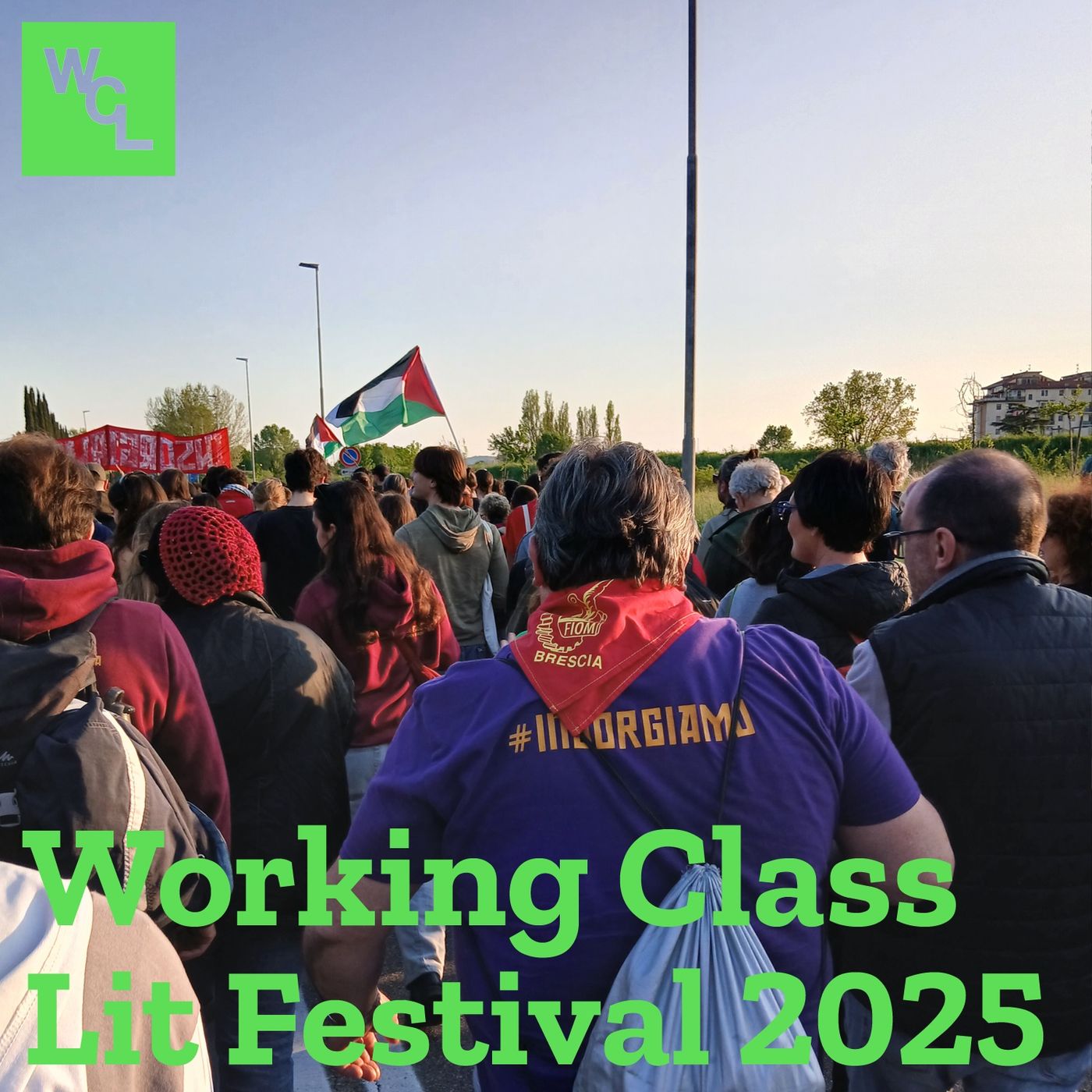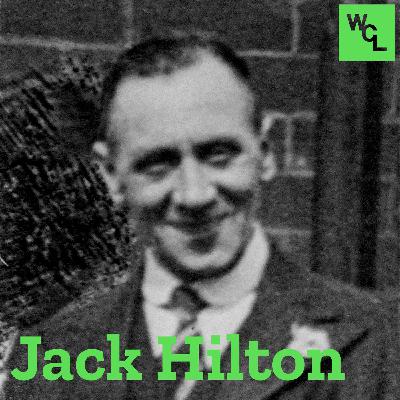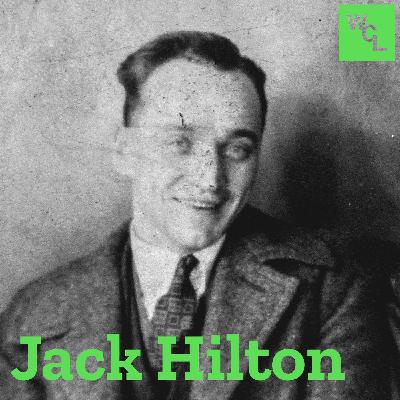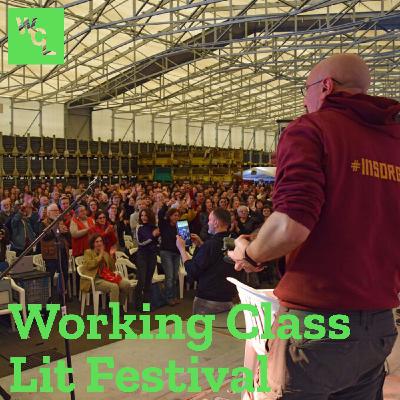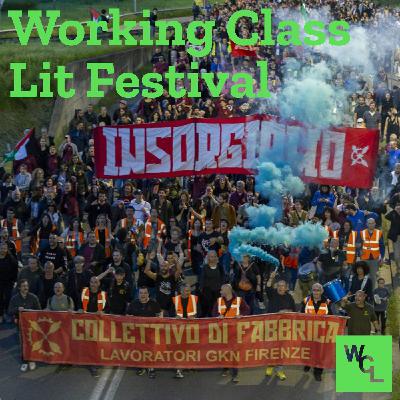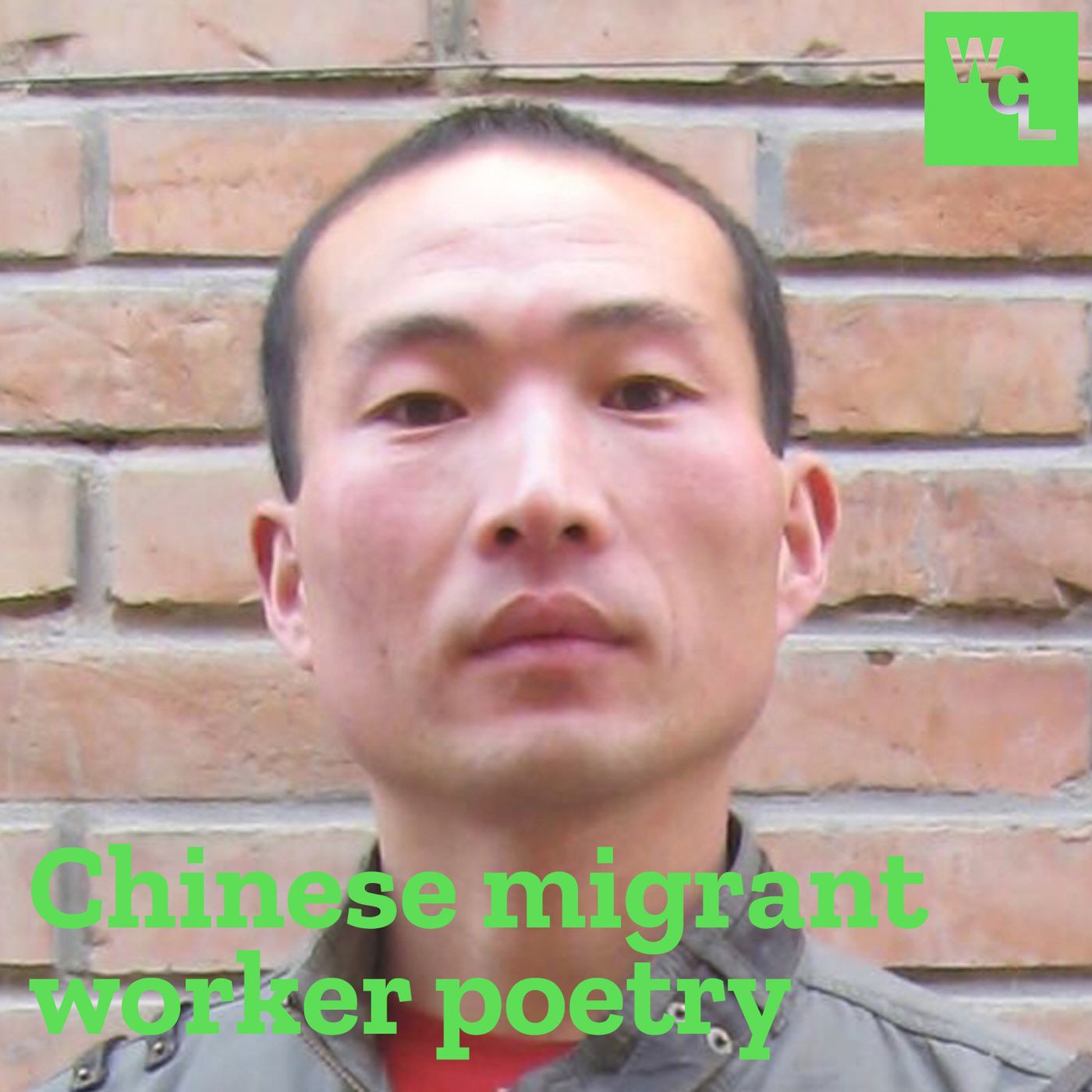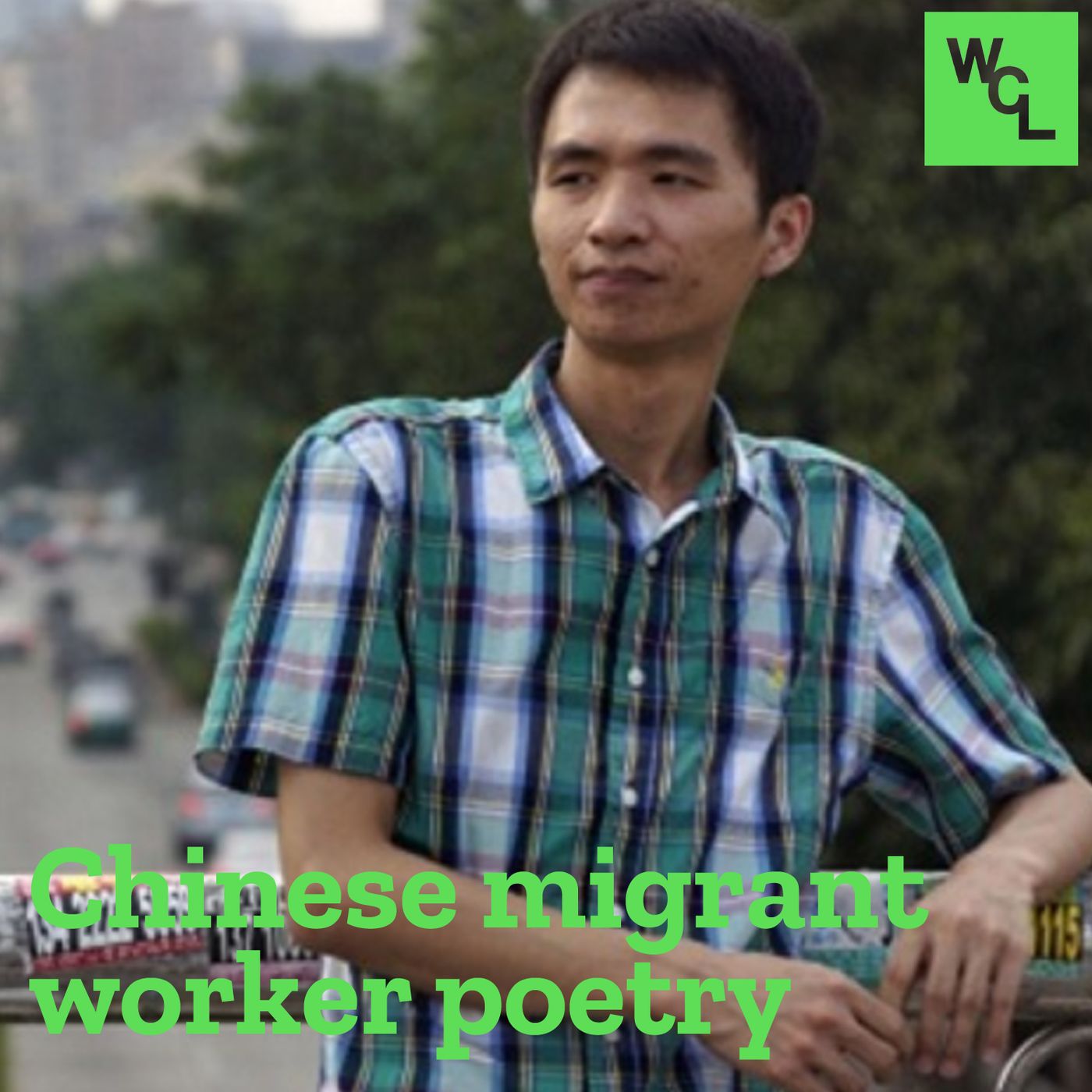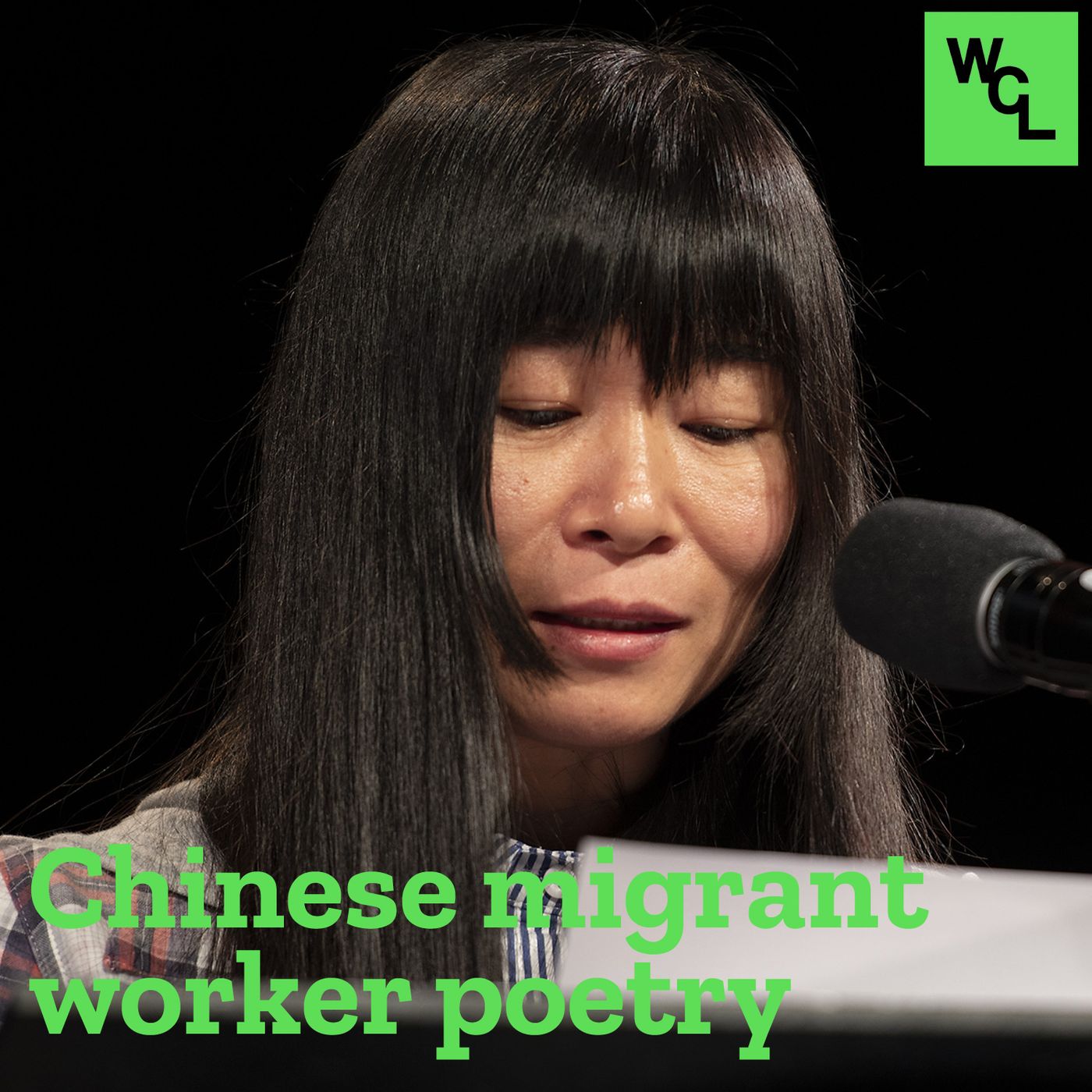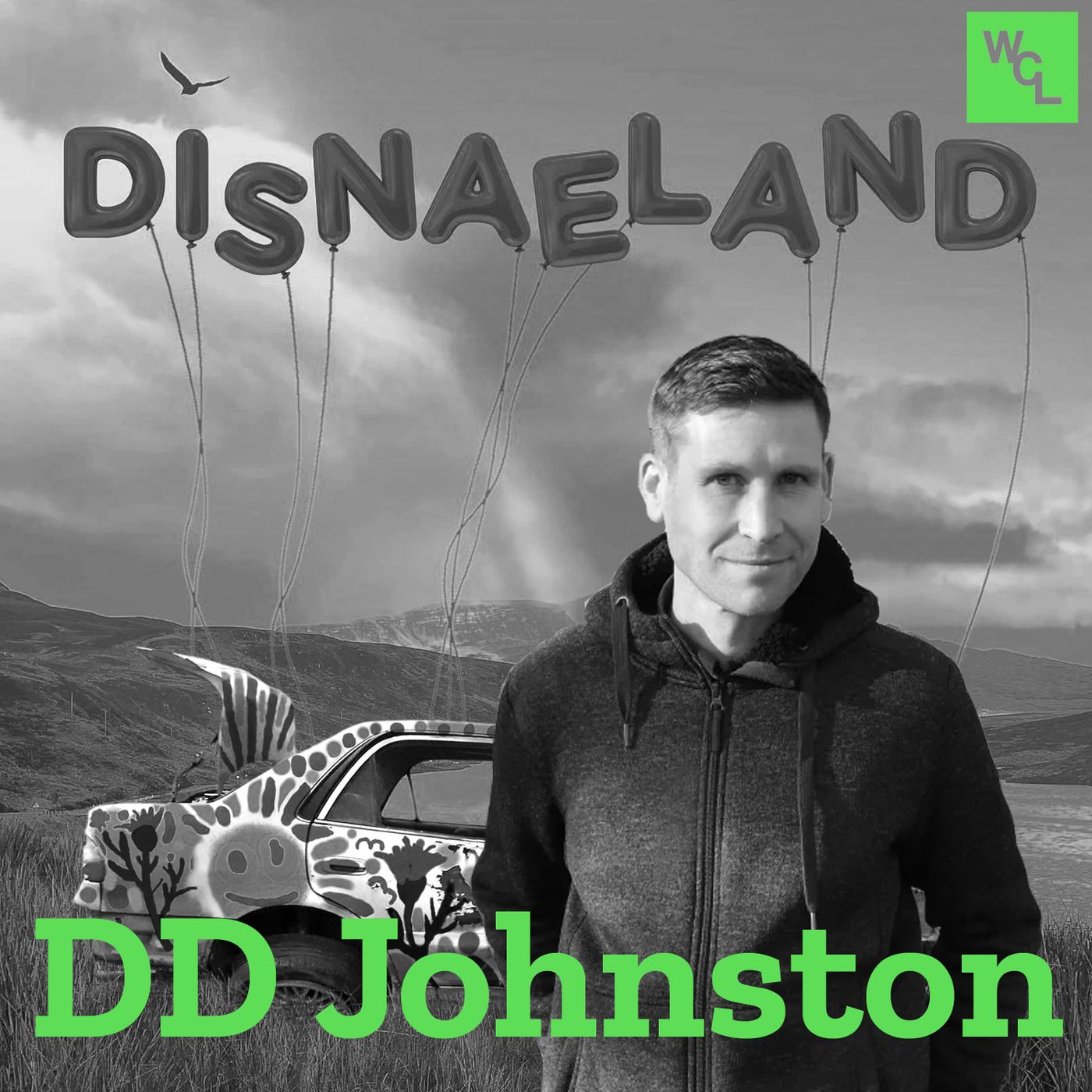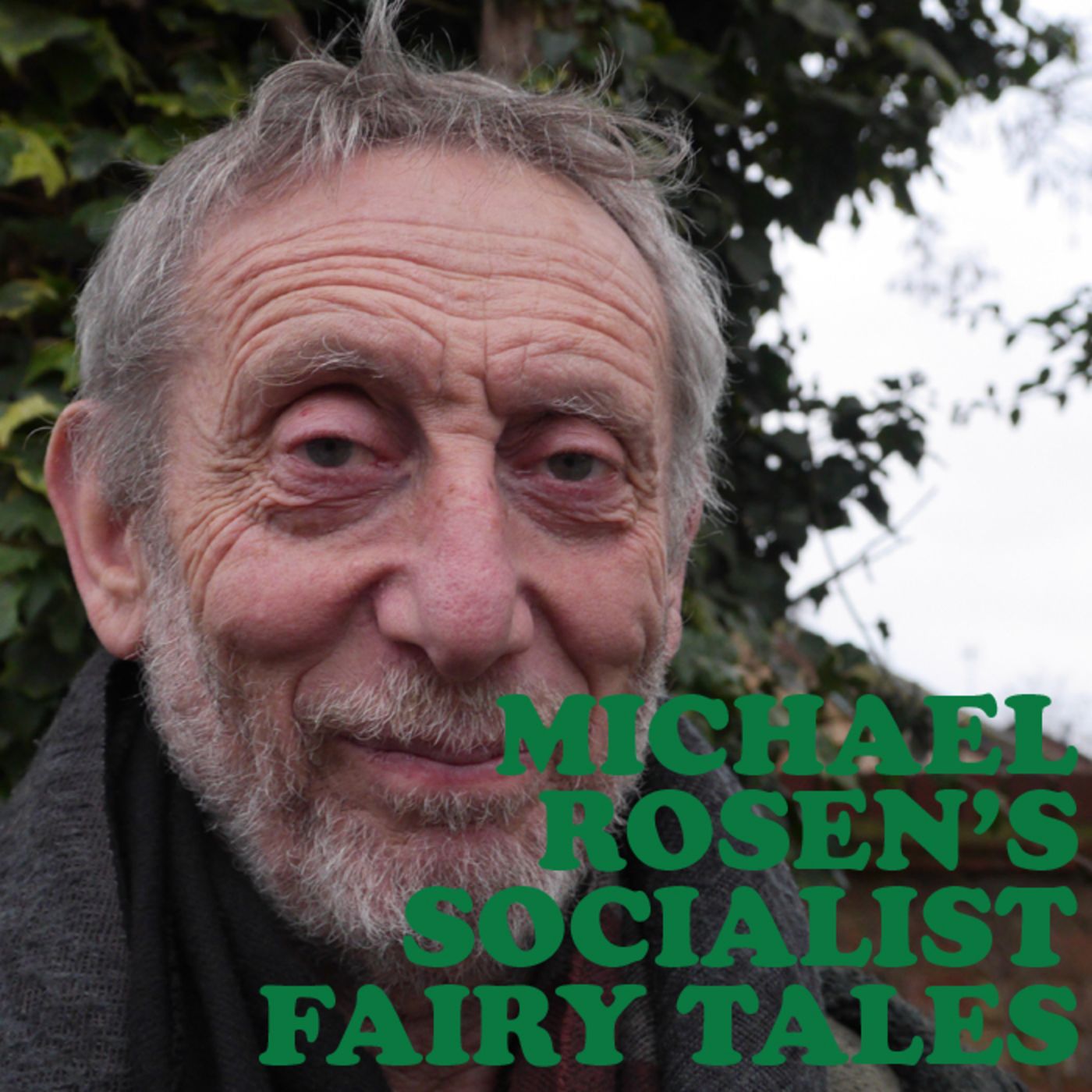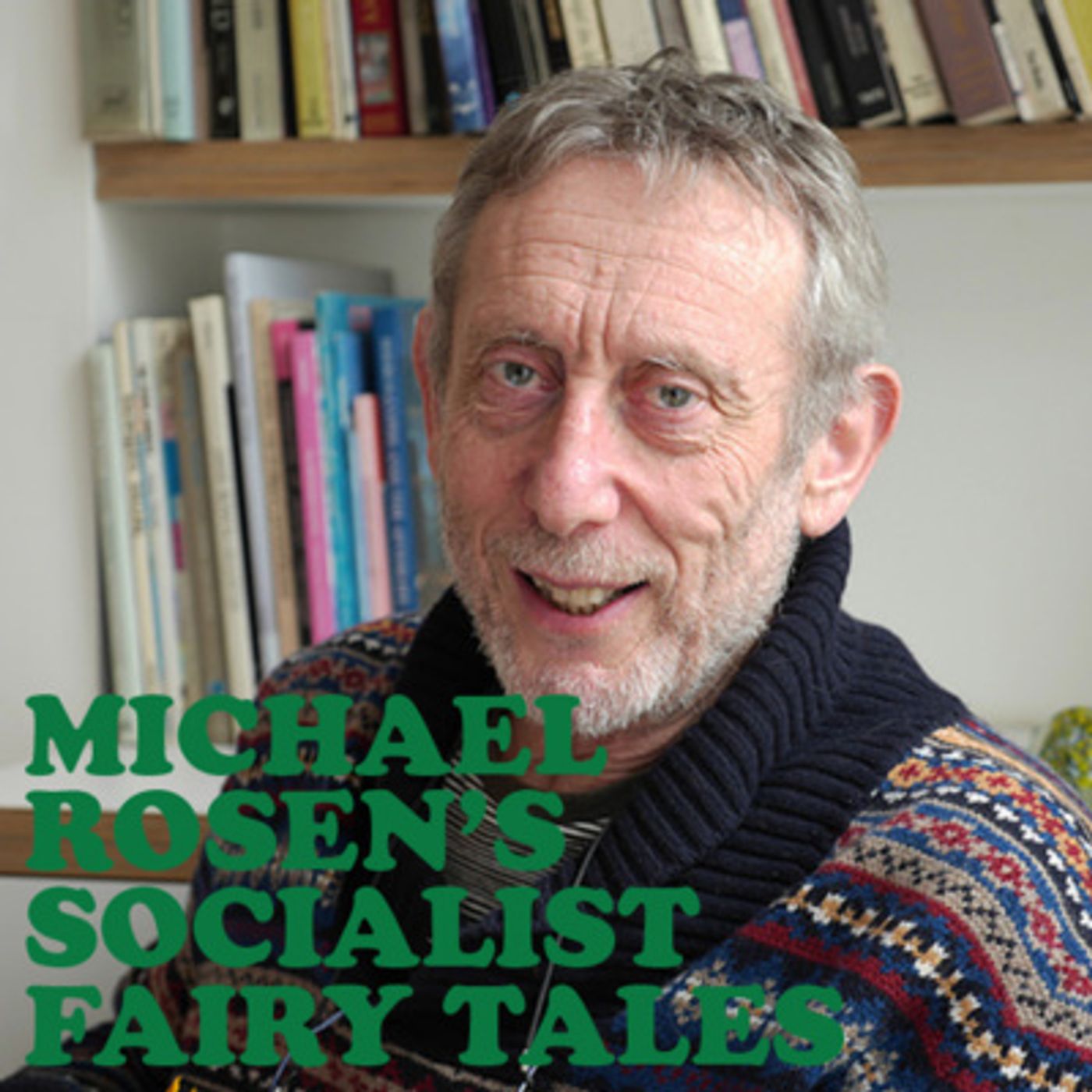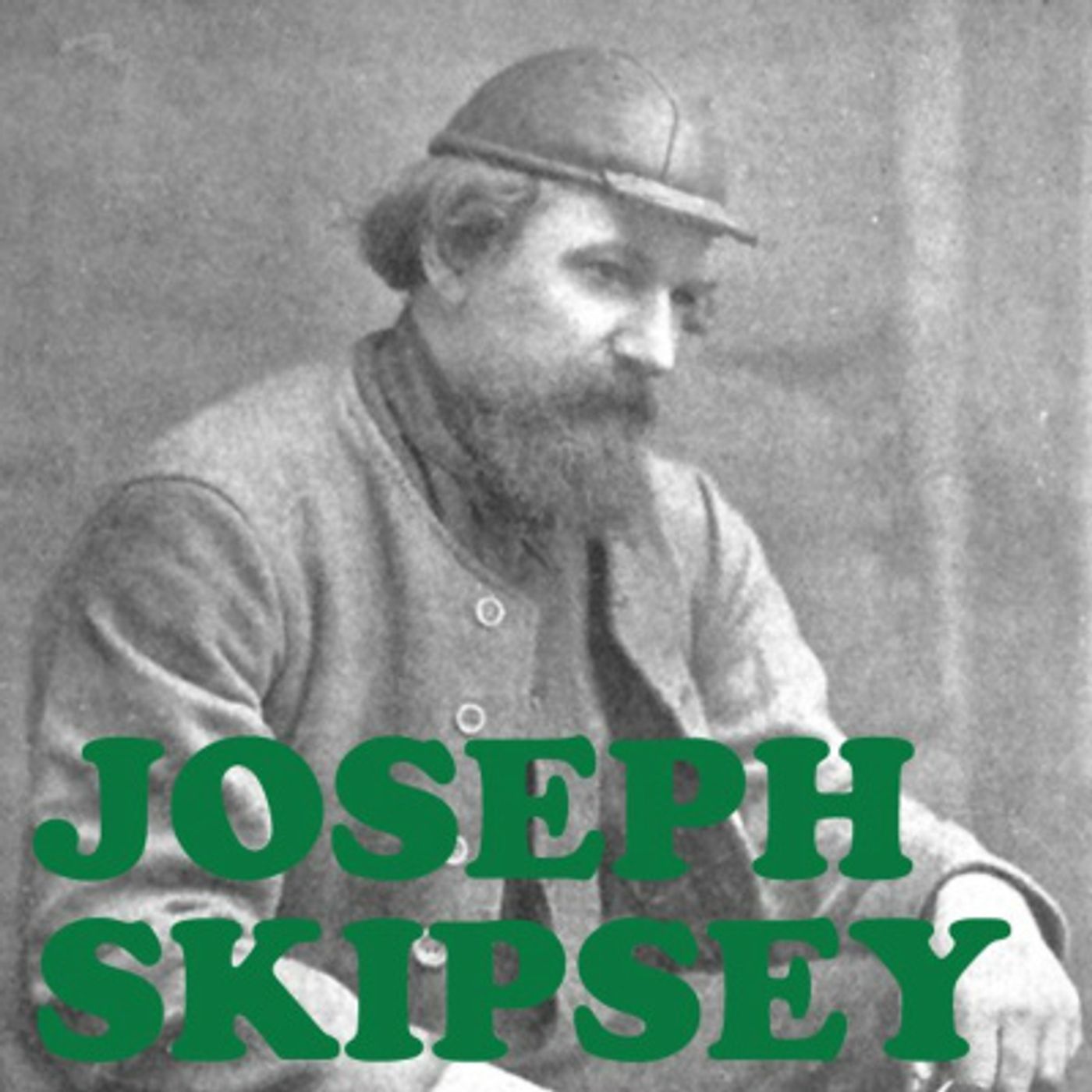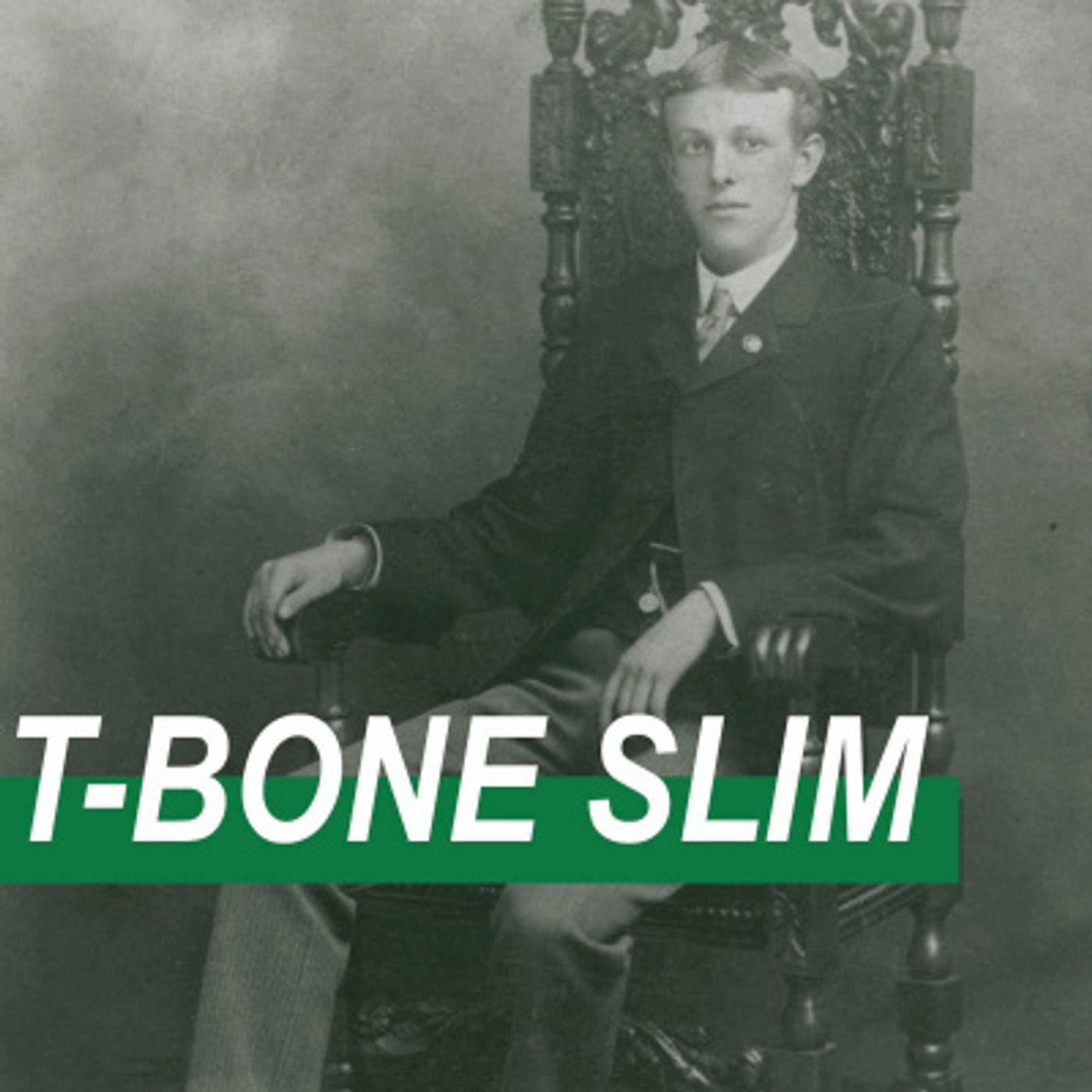Discover Working Class Literature
Working Class Literature

Working Class Literature
Author: Working Class History
Subscribed: 160Played: 559Subscribe
Share
© Copyright Working Class History
Description
Podcast taking a look at working class and radical literature, fiction and culture. Sister pod to Working Class History.
Become a Paid Subscriber here to access exclusive bonus episodes: https://anchor.fm/workingclassliterature/subscribe
Become a Paid Subscriber here to access exclusive bonus episodes: https://anchor.fm/workingclassliterature/subscribe
14 Episodes
Reverse
Following our double-episode on the Florence Working-Class Literature Festival back in February, our co-host Matt was invited to this year’s festival, recording this episode on-site at the ex-GKN factory in Florence. Featuring the various writers, researchers, organisers, and activists in attendance, this episode captures the atmosphere of the festival at this critical time for the GKN struggle.Our podcast is brought to you by patreon supporters of both Working Class Literature and Working Class History. Our supporters fund our work, and in return get exclusive early access to podcast episodes, bonus episodes, free and discounted merchandise and other content. Join us or find out more at patreon.com/workingclasshistoryTaking place on 4-6 April 2025, the opending day of the festival marked the 1367th day since the 400+ workforce at the GKN car parts factory in Florence was first made redundant. They subsequently seized the factory and remain in control of it to this day, despite receiving their third – and now final – redundancy notice in the days leading up to this year’s festival.Recorded on-site at the occupied GKN factory on the outskirts of Florence, this episode features the voices of various writers, researchers, organisers, and activists that we spoke to while at the festival. These conversations took place against a frenzy of activity, both for the festival but also the GKN struggle itself.AcknowledgementsThanks to all our patreon supporters for making this podcast possible. Special thanks to Jazz Hands, Fernando Lopez Ojeda, Nick Williams and Old NormOur theme tune for these episodes is ‘Occupiamola’ (or ‘Let’s Occupy It’) as sung on a GKN workers’ demonstration in 2024. Many thanks to Reel News London for letting us use their recording. Watch the documentary it’s taken from hereThis episode was edited by Jesse French
Part 2 of our double episode on working-class author Jack Hilton, with Jack Chadwick whose literary detective work rescued Hilton from almost total obscurity. This part covers his novel Caliban Shrieks in more detail and how it compares to other working-class novels from the same period; his later writing and life, and how his writing career would come to an end (despite George Orwell’s efforts); and, finally, the amazing series of events that led to the rediscovery and republication of Caliban Shrieks.Our podcast is brought to you by patreon supporters of both Working Class Literature and Working Class History. Our supporters fund our work, and in return get exclusive early access to podcast episodes, bonus episodes, free and discounted merchandise and other content. Join us or find out more at patreon.com/workingclasshistoryMore informationBuy Caliban Shrieks from an independent bookshopListen to the bonus episode to this double episode, exclusively for our supporters on Patreon: https://www.patreon.com/posts/wcl-13-1-jack-129501458Full show notes including sources, photos, and eventually a full transcript are available on our website: https://workingclasshistory.com/podcast/wcl12-13-jack-hilton-rochdale-caliban/AcknowledgementsImage: Jack Hilton. Credit: Jack Chadwick.Thanks to all our patreon supporters for making this podcast possible. Special thanks to Jazz Hands, Fernando Lopez Ojeda, Nick Williams and Old Norm.Our theme tune is Bella Ciao, thanks for permission to use it from Dischi del Sole. You can purchase it here or stream it here.This episode was edited by Jesse French.
Part 1 of our double episode about Jack Hilton, a working-class author, World War I veteran, unemployed movement organiser, and trade union activist from Rochdale, north-west England.For this episode, we spoke to Jack Chadwick whose literary detective work rescued Hilton from almost total obscurity. We discussed Hilton's life growing up in Rochdale's slums, starting work at nine years old, and his activism in the National Unemployed Workers' Movement. We also talked about how he began writing, how Caliban Shrieks was celebrated within the London literary scene, and his long-term (and complex) relationship to George Orwell.More informationBuy Caliban Shrieks from an independent bookshopFull show notes including sources, photos, and eventually a full transcript are available on our website: https://workingclasshistory.com/podcast/wcl12-13-jack-hilton-rochdale-caliban/AcknowledgementsImage: Jack Hilton. Credit: Jack Chadwick.Thanks to all our patreon supporters for making this podcast possible. Special thanks to Jazz Hands, Fernando Lopez Ojeda, Nick Williams and Old Norm.Our theme tune is Bella Ciao, thanks for permission to use it from Dischi del Sole. You can purchase it here or stream it here.This episode was edited by Jesse French.
Part 2 of our double-episode about the Working-Class Literature Festival held every year in Florence, at the former GKN car parts factory, which was taken over by the workers after they were made redundant in 2021.We're joined again by working-class author and one of the main organisers of the festival, Alberto Prunetti, and former GKN worker, Dario Salvetti. We also talk to another two working-class writers who have participated in the festival: Claudia Durastanti, who helps organise the festivals, and Anthony Cartwright, who has attended the last two.In this episode, we discuss what went on at the last two festivals and what made them different from conventional literary events: from the attendees and various events and presentations to the participation of GKN workers not just in logistics but in readings and performances. We also discuss the possibilities for the future of the festival - and for the GKN struggle itself.Full show notes including further reading, photos, a documentary about the GKN struggle, and a full transcript are available on our website: https://workingclasshistory.com/podcast/wcl10-11-florence-working-class-literature-festival/AcknowledgementsMany thanks also to Alberto Prunetti and Edizioni Alegre for giving us permission to reproduce photos from previous years' festivalsThanks to all our patreon supporters for making this podcast possible. Special thanks to Jamison D. Saltsman, Jazz Hands, Fernando Lopez Ojeda and Jeremy CusimanoOur theme tune for these episodes is ‘Occupiamola’ (or ‘Let’s Occupy It’) as sung on a GKN workers’ demonstration in 2024. Many thanks to Reel News London for letting us use their recording. Watch the documentary it's taken from hereThis episode was edited by Tyler Hill
First of a double-episode podcast about the Working-Class Literature Festival held every year in Florence, at the former GKN car parts factory, which was taken over by the workers after they were made redundant in 2021.In this episode, we talk to working-class author and one of the main organisers of the festival, Alberto Prunetti, as well as former GKN workers Dario Salvetti and Tiziana De Biasio. We discuss the history of the struggle at GKN from the redundancies to the workers' takeover and 'permanent union assembly' at the factory.We also dive into how the idea for the Working-Class Literature Festival at the factory began, and how the first two events were organised (despite repeated attempts at sabotage).Full show notes including further reading, photos, a documentary about the GKN struggle, and a full transcript are available on our website: https://workingclasshistory.com/podcast/wcl10-11-florence-working-class-literature-festival/AcknowledgementsMany thanks to Antonella Bundu for doing the voiceover for Tiziana's audioMany thanks also to Alberto Prunetti and Edizioni Alegre for giving us permission to reproduce photos from previous years' festivalsThanks to all our patreon supporters for making this podcast possible. Special thanks to Jamison D. Saltsman, Jazz Hands, Fernando Lopez Ojeda and Jeremy CusimanoOur theme tune for these episodes is ‘Occupiamola’ (or ‘Let’s Occupy It’) as sung on a GKN workers’ demonstration in 2024. Many thanks to Reel News London for letting us use their recording. Watch the documentary it's taken from hereThis episode was edited by Tyler Hill
The final episode of our three-part series about migrant worker poetry in China. We speak to Maghiel van Crevel, Professor of Chinese Language and Literature at Leiden University. Maghiel has travelled extensively in China, meeting with and writing about the work of Chinese migrant worker poets.In this episode, we look at questions of censorship in China and the importance of unofficial publications for the spread of migrant worker poetry (not to mention the wider Chinese poetry scene as well). We also discuss how some working-class writers come to be left out of what is considered 'working-class writing' with a specific look at the work of gay migrant worker poet, Mu Cao.Full show notes including sources, further reading, photos, films and eventually a transcript are here on our website: https://workingclasshistory.com/podcast/wcl-7-9-chinese-migrant-worker-poetry/AcknowledgementsAs always, huge thanks to our patreon supporters who make this podcast possible. A special thanks to Jamison D. Saltsman, Jazz Hands, Fernando Lopez Ojeda and Jeremy Cusimano.Our theme tune for these episodes is ‘A Young Man from the Village’ by the New Labour Art Troupe, from the Migrant Worker Home. Stream it here.This episode was produced by Jack Franco and edited by Jesse French.
Part 2 of our three-part series about migrant worker poetry in China. We speak to Maghiel van Crevel, Professor of Chinese Language and Literature at Leiden University. Maghiel has travelled extensively in China, meeting with and writing about the work of Chinese migrant worker poets.In this episode, we look at the work of the Migrant Worker Home, a self-organised space run by and for migrant workers on the outskirts of Beijing, which taught migrant workers about their rights, hosted a museum, and ran literary and cultural groups, until they were evicted last year. We also look at two more migrant worker poets, including Xu Lizhi, whose suicide in 2014 propelled him to global fame.Full show notes including sources, further reading, photos, films and eventually a transcript are here on our website: https://workingclasshistory.com/podcast/wcl-7-9-chinese-migrant-worker-poetry/AcknowledgementsAs always, huge thanks to our patreon supporters who make this podcast possible. A special thanks to Jamison D. Saltsman, Jazz Hands, Fernando Lopez Ojeda and Jeremy Cusimano.Our theme tune for these episodes is ‘A Young Man from the Village’ by the New Labour Art Troupe, from the Migrant Worker Home. Stream it here.This episode was produced by Jack Franco and edited by Jesse French.
First of the three-part series on migrant worker poetry in China. In these episodes, we speak to Maghiel van Crevel, Professor of Chinese Language and Literature at Leiden University. Maghiel has travelled extensively in China meeting with and writing about the work of Chinese migrant worker poets.In this episode, we discuss the concept of the 'migrant worker' in China, and how it relates to the internal hukou system and China's relationship to global capitalism. We also discuss what we mean by 'migrant worker/migrant worker poetry' in relation to the Chinese words dagong and dagong shige. We also look at two migrant worker poets, Wu Xia and Zheng Xiaoqiong.Full show notes including sources, further reading, photos, films and eventually a transcript are here on our website: https://workingclasshistory.com/podcast/wcl-7-9-chinese-migrant-worker-poetry/AcknowledgementsAs always, huge thanks to our patreon supporters who make this podcast possible. A special thanks to Jamison D. Saltsman, Jazz Hands, Fernando Lopez Ojeda and Jeremy Cusimano.Our theme tune for these episodes is ‘A Young Man from the Village’ by the New Labour Art Troupe, from the Migrant Worker Home. Stream it here.This episode was produced by Jack Franco and edited by Jesse French.
Concluding part of our double-episode in conversation with author, DD Johnston, about his new novel, Disnaeland.In this part, Darren discusses the novel’s relationship to the Scots language, the apocalyptic prophecies of radical, pre-Enlightenment Christianity, and his focus on mutual aid as a response to disaster. Darren also performs two further readings from the novel.Full information, sources, further reading, acknowledgements and eventually a transcript on the webpage for this episode: https://workingclasshistory.com/podcast/wcl-5-6-dd-johnstons-proletarian-apocalypse/Get books mentioned in this episodePeace, Love and Petrol Bombs: https://bookshop.org/a/80203/9781849350617Disnaeland: https://uk.bookshop.org/books/disnaeland/9781909954533AcknowledgementsOur theme tune is Bella Ciao, thanks for permission to use it from Dischi del Sole. You can purchase it here: http://www.alabianca.it/en/store/bravo-records-en/le-canzoni-di-bella-ciao-aa-vv/
The first of a two-part episode, Working Class Literature speak to DD Johnston about his new novel, Disnaeland, about a working-class Scottish community's response to societal collapse. We also discuss his previous novels and his participation in McDonald's Workers' Resistance, a radical collective of angry employees at the world's biggest fast food chain.Darren also reads passages from Disnaeland and his first novel, Peace, Love and Petrol Bombs.Full information, sources, further reading, acknowledgements and eventually a transcript on the webpage for this episode: https://workingclasshistory.com/podcast/wcl-5-6-dd-johnstons-proletarian-apocalypse/Our theme tune is Bella Ciao, thanks for permission to use it from Dischi del Sole. You can purchase it here: http://www.alabianca.it/en/store/bravo-records-en/le-canzoni-di-bella-ciao-aa-vv/Get books mentioned in this episodePeace, Love and Petrol Bombs: https://bookshop.org/a/80203/9781849350617Disnaeland: https://uk.bookshop.org/books/disnaeland/9781909954533
Part 2 of our double-episode in which we talk to acclaimed author, poet and Professor of Children’s Literature, Michael Rosen, about his anthology, Workers’ Tales: Socialist Fairy Tales, Fables, and Allegories from Great Britain, which gathers together short stories from the labour and socialist press between 1880 and 1920.In this episode, Michael shows how popular children’s stories (like Wind in the Willows and Alice in Wonderland) are shot through with the political content of their adult authors. He also reads a story from his anthology by William Morris and explains how all culture, including children’s writing, contains within it elements of social contest.You can buy a copy of Michael's anthology here.More info on the webpage for this episode: https://workingclasshistory.com/blog/wcl-e3-4-michael-rosens-socialist-fairy-tales/
A Working Class Literature podcast double-episode in which we talk to acclaimed author, poet and Professor of Children's Literature, Michael Rosen, about his anthology, Workers' Tales: Socialist Fairy Tales, Fables, and Allegories from Great Britain, which gathers together short stories from the labour and socialist press between 1880 and 1920.You can buy a copy of Michael's anthology here.More info on the webpage for this episode: https://workingclasshistory.com/blog/wcl-e3-4-michael-rosens-socialist-fairy-tales/
Episode two of the Working Class Literature podcast about Joseph Skipsey, a poet and coal miner from the North East of England. After entering the mines as a child, he would grow up to become a nationally-renowned poet, respected by some of the most famous artists of the nineteenth century. In this episode, we speak to researcher Dr Gordon Tait and musician Chris Harrison, both of whom have been doing lots of work around Skipsey’s life and poetry.If you want to support our work, please consider supporting us on Patreon: https://www.patreon.com/workingclasshistoryOur patreon supporters get exclusive access to our Joseph Skipsey bonus episode, with more information about about the murder of Skipsey's father during the 1832 miners' strike, a reading guide to miners' literature from the North East of England, and more: https://www.patreon.com/posts/wcl-e2-1-joseph-51760485And you can also follow us on Twitter: twitter.com/workingclasslitFor more information on Skipsey, check out Chris' website, which also has more on Chris' music based around Skipsey's poetry: http://www.chrisharrisonmusic.org/musical-activities/carols-from-the-coalfieldsAlso check out Gordon's excellent article, 'Joseph Skipsey, the "peasant poet", and an unpublished letter from W. B. Yeats': https://hull-repository.worktribe.com/output/440536/joseph-skipsey-the-peasant-poet-and-an-unpublished-letter-from-w-b-yeatsAnd the Minor Victorian Writers website has a great collection of Skipsey’s poems, a biography, and the introductory essays which Skipsey wrote as part of edited collections on William Blake, Samuel Taylor Coleridge, Edgar Allan Poe, Robert Burns and Percy Bysshe Shelley, which were produced in order to make poetry accessible to the working class.
Podcast episode about the life and work of radical hobo author T-Bone Slim. A prolific columnist for the revolutionary Industrial Workers of the World (IWW) union in the United States, he was also a poet and songwriter as well as a barge captain working on the New York waterfront.In this episode we speak to Dr Owen Clayton from the University of Lincoln and Slim's great-grandnephew, John Westmoreland. If you want to support our work, please consider supporting us on Patreon: https://www.patreon.com/workingclassliterature Our patreon supporters get exclusive access to our T-Bone Slim bonus episode, with more information about his mysterious death and more: https://www.patreon.com/posts/wcl-e01-1-t-bone-29711940And you can also follow us on Twitter: https://twitter.com/workingclasslitCheck out The Big Red Songbook of IWW songs, including those by Slim, in the WCH online store: https://shop.workingclasshistory.com/collections/books/products/the-big-red-songbook-250-iww-songsMore information on Slim, can be found in the links below:- Puns, Politics, and Pork Chops: The ‘insignificant magnitude’ of T-Bone Slim by Dr Owen Clayton: https://workingclassstudiesjournal.files.wordpress.com/2019/06/jwcs-vol-4-issue-1-june-2019-clayton.pdf- Juice is Stranger Than Friction: Selected Writings of T-Bone Slim, edited by Franklin Rosemont: https://www.akpress.org/juiceisstrangerthanfriction.html- T-Bone Slim papers held at the Newberry Library, Chicago: http://collections.carli.illinois.edu/cdm/ref/collection/nby_mms/id/53743- More information, photos and full show notes here on our website: https://workingclasshistory.com/2019/09/04/wcl-e01-t-bone-slim-the-laureate-of-the-logging-camps/Theme music by John Westmoreland. Check out the following links for more info:Website: westmorelandmusic.com/Album, Cast Fire: store.cdbaby.com/cd/westmoreland7Facebook: www.facebook.com/westmoreland.band/Instagram: www.instagram.com/westmoreland_music/Youtube: www.youtube.com/channel/UC0lnbkyMa-N0wYkR6R26Oxg


